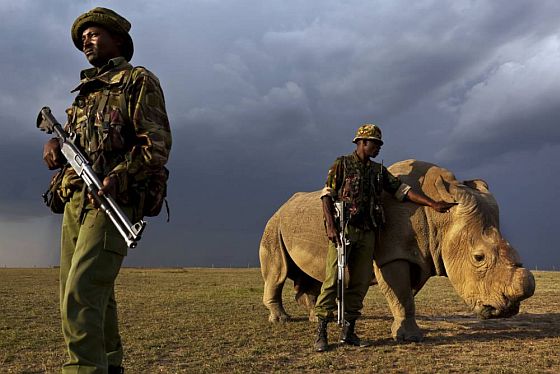China’s greenhouse gas emissions could peak more than five years earlier than expected, helping to avoid dangerous climate change, according to a new paper published by the Grantham Research Institute on Climate Change and the Environment and the ESRC Centre for Climate Change Economics and Policy at London School of Economics and Political Science.
The authors of the paper, Fergus Green and Professor Lord Nicholas Stern, find that, although President Xi Jinping has agreed publicly to reduce emissions by 2030, China’s emissions will likely begin to decline by 2025.
Whereas coal consumption in China grew at around 9–10% per year in the first decade of this century, it fell in 2014 by nearly 3% according to recently released preliminary Chinese statistics, and fell even further in the first quarter of 2015. In our analysis of structural and cyclical trends in the electricity and industrial sectors, we conclude that China’s coal use has reached a structural maximum and is likely to plateau over the next five years. Though there are some structural risks of coal use increasing over this period, there are possibilities, in our view more likely, that it will continue to decline. Use of natural gas in these sectors will increase rapidly over the next 5–10 years, from a low base.
In the transport, sector, China’s oil consumption and carbon dioxide emissions are likely to continue growing over at least the next decade, from a relatively low base today, but existing and planned policy measures are likely to result in more moderate growth than commonly projected in many studies conducted over the past decade, with strong potential for future mitigation.
In light of Chinese economic and policy trends affecting the structure of the economy and the consumption of fossil fuels — particularly coal — across power generation, industry and transport, we conclude that the peak in China’s carbon dioxide emissions from energy, and in overall GHG emissions, is unlikely to occur as late as 2030, and more likely to occur by 2025. It could well occur even earlier than that.
This suggests that China’s international commitment to peak carbon dioxide emissions “around 2030” should be seen as a conservative “upper limit” from a government that prefers to under-promise and over-deliver. It is important that governments, businesses and citizens everywhere understand this fundamental change in China, reflect on their own ambitions on climate change, and adjust upwards expectations about the global market potential for low-carbon and environmental goods and services.
Were China’s emissions indeed to peak around 2020–2025, it would be reasonable to expect a peak emissions level for China of around 12.5–14 billion tonnes of carbon dioxide equivalent. This could hold open the possibility that global GHG emissions could be brought onto a pathway consistent with the international goal of limiting global warming to no more than 2°C. Whether the world can get onto that pathway in the decade or more after 2020 depends in significant part on China’s ability to reduce its emissions at a rapid rate, post-peak (as opposed to emissions plateauing for a long time), on the actions of other countries in the next two decades, and on global actions over the subsequent decades.



